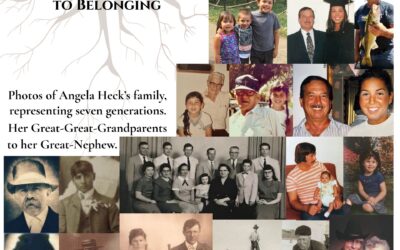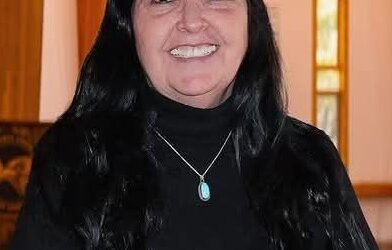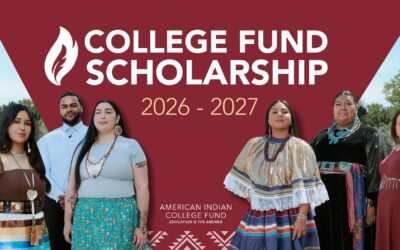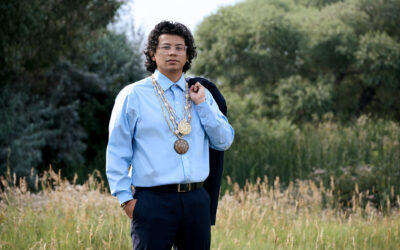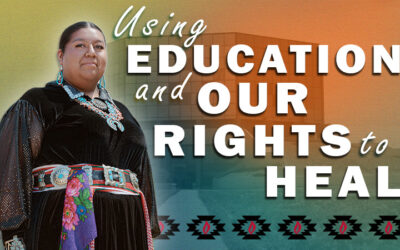Student Development
Explore Development Opportunities
Study Skills
No matter what your grades are, everyone needs some guidance to find success in the classroom. Here are some resources to help you develop the best study habits and skills you’ll need to get your degree:
What are Office Hours? – by Andrew Ishak
Time Management: TCU Video Project Series
Focus 2 Self-Assessment
Many people struggle with choosing an academic major during school, or job industry after graduation, but choosing a path is important when choosing your classes, internships and other career opportunities.
Focus 2 combines self-assessment, career and major exploration, decision-making and planning in one place. By matching your assessment results to career options and majors/programs for your consideration, FOCUS 2 guides you through a career and education decision-making model to help you make informed career decisions and take action in planning your future.
To use this free service, register to create an account with the access code collegefund. From there, you can take each test- personality, interests, values, and skills- to build your academic and career planning profile. Print your profile to share with an academic or career counselor or mentor to discuss your career plan or transition to a new profession.
Money Management
It is also important to understand budgeting, credit, and debt management – to help you to make responsible decisions in school, and prepare for your financial life after school. Learn about the following topics in related posts — your financial future depends on it.
- Money Management — Developing Common Cents (College Fund)
- Per Cap (First Nations Development Institute)
- Financial Skills for Families (First Nations Development Institute)
- Developing Your Vision: Managing Your Money
- Your First Bank Account
- Childcare Costs (and Ways to Reduce Them)
- When Your Child Has Special Needs
- Caring For Aging Parents
- Children and Family Considerations
Student Ambassador Program
The American Indian College Fund Ambassador Program was established in 2015 to strengthen students’ and alumni personal and professional skills and to represent the College Fund.
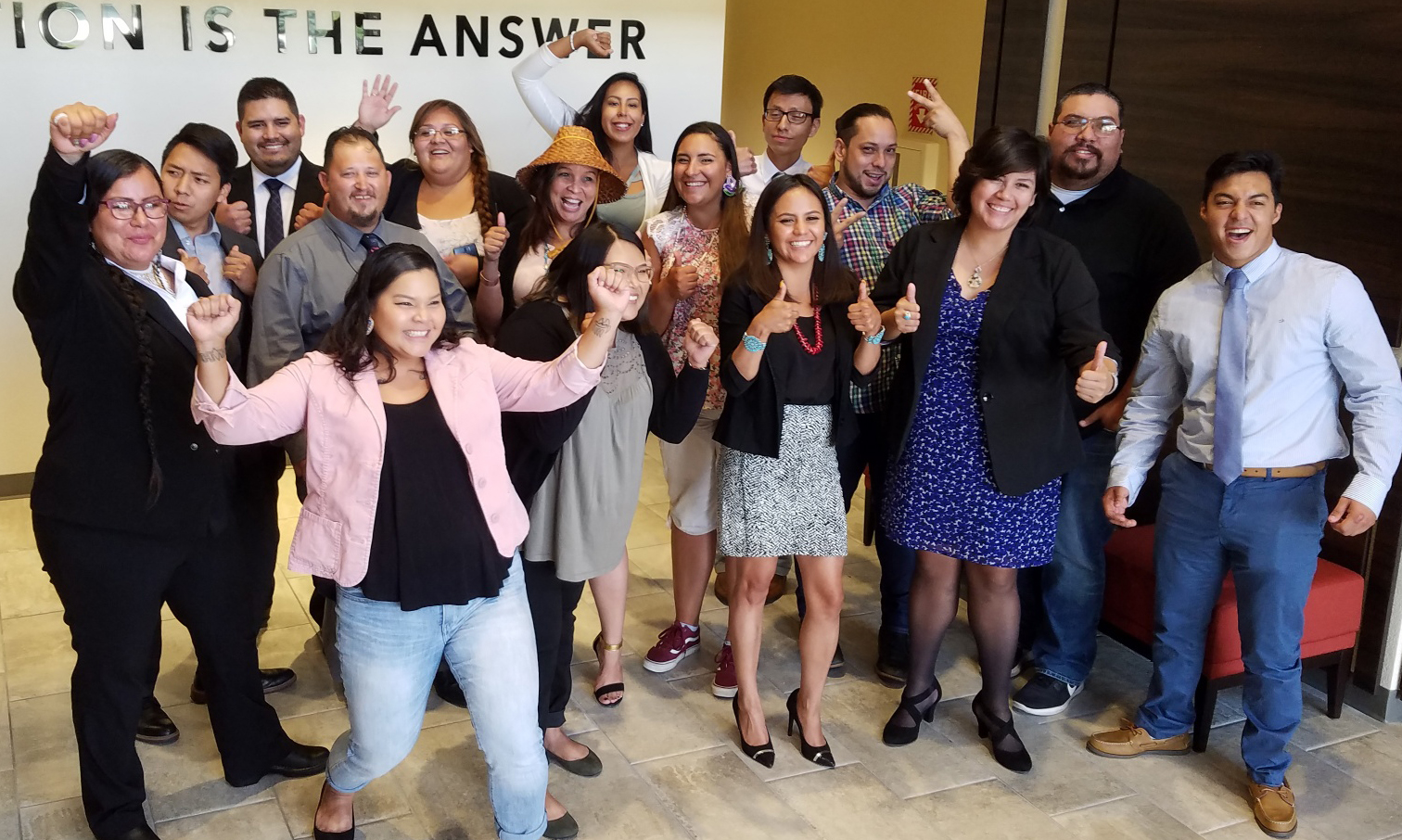
Our Blogs
American Indian College Fund Scholarship Season Opens February 1
American Indian College Fund Scholarship Season Opens February 1 Comprehensive Support and a Streamlined System Aid Prospective Applicants and Funded Scholars Denver, Colo., January 27, 2026 — Applications for an American Indian College Fund (College Fund) scholarship...
One Student’s Story
By Joseph (Tohono O’odham Nation) As a Native person traveling on my own tribal nation and ancestral lands, I never thought I would be questioned about my citizenship. Our land and our Tribe existed long before borders, checkpoints, or immigration agencies. Yet these...
National Day of Racial Healing
In the past year we have witnessed the erosion of freedom of speech, racial profiling of civilians, and further limitations on minority and low-income individuals’ ability to pursue their desired educations and careers. The Indigenous peoples within the United States...
Lending an Indigenous Perspective to ICE Raids
In the past year we have witnessed the erosion of the freedom of speech, profiling of civilians, and the right to peacefully protest. What has happened in Minnesota, including the murder of a protestor and the arrest of four Native Americans, is chilling. Native...


